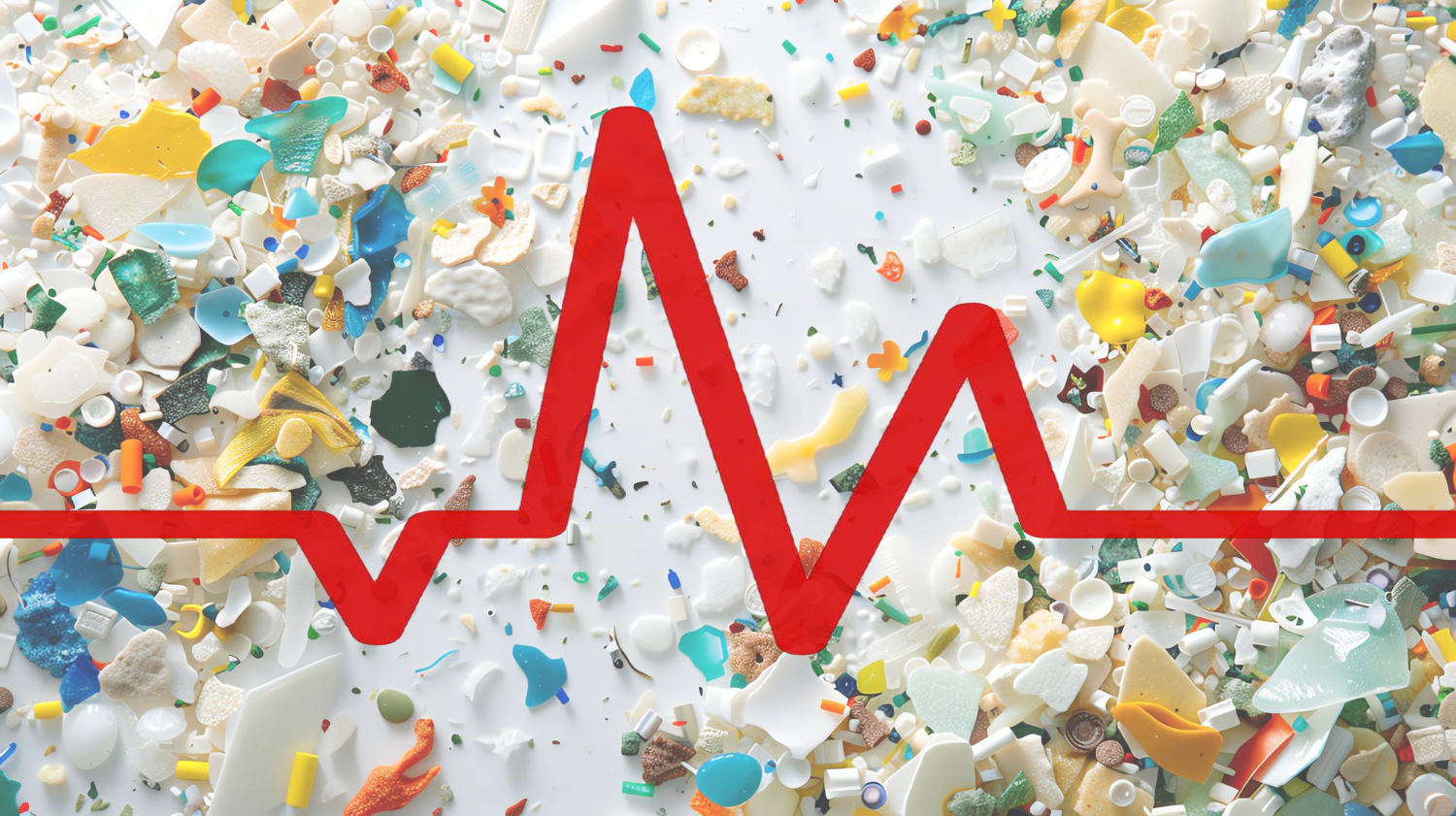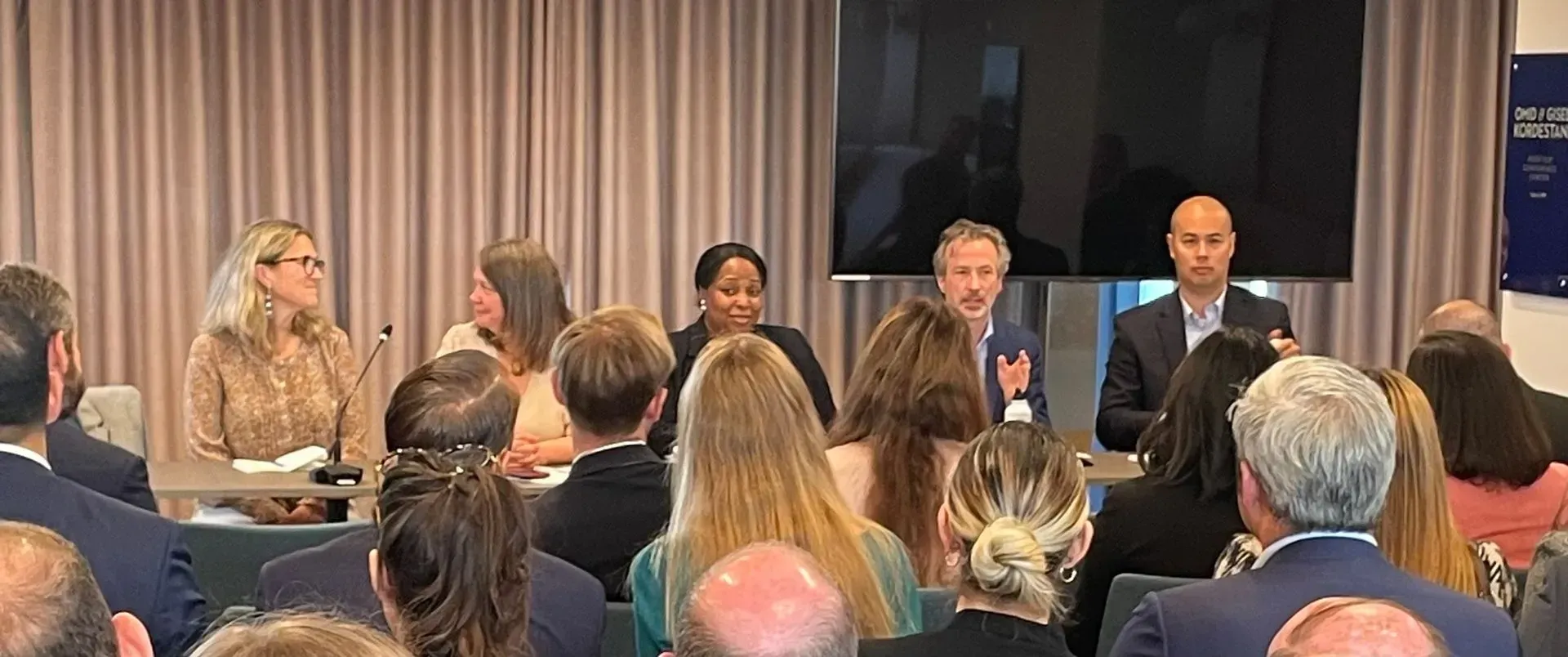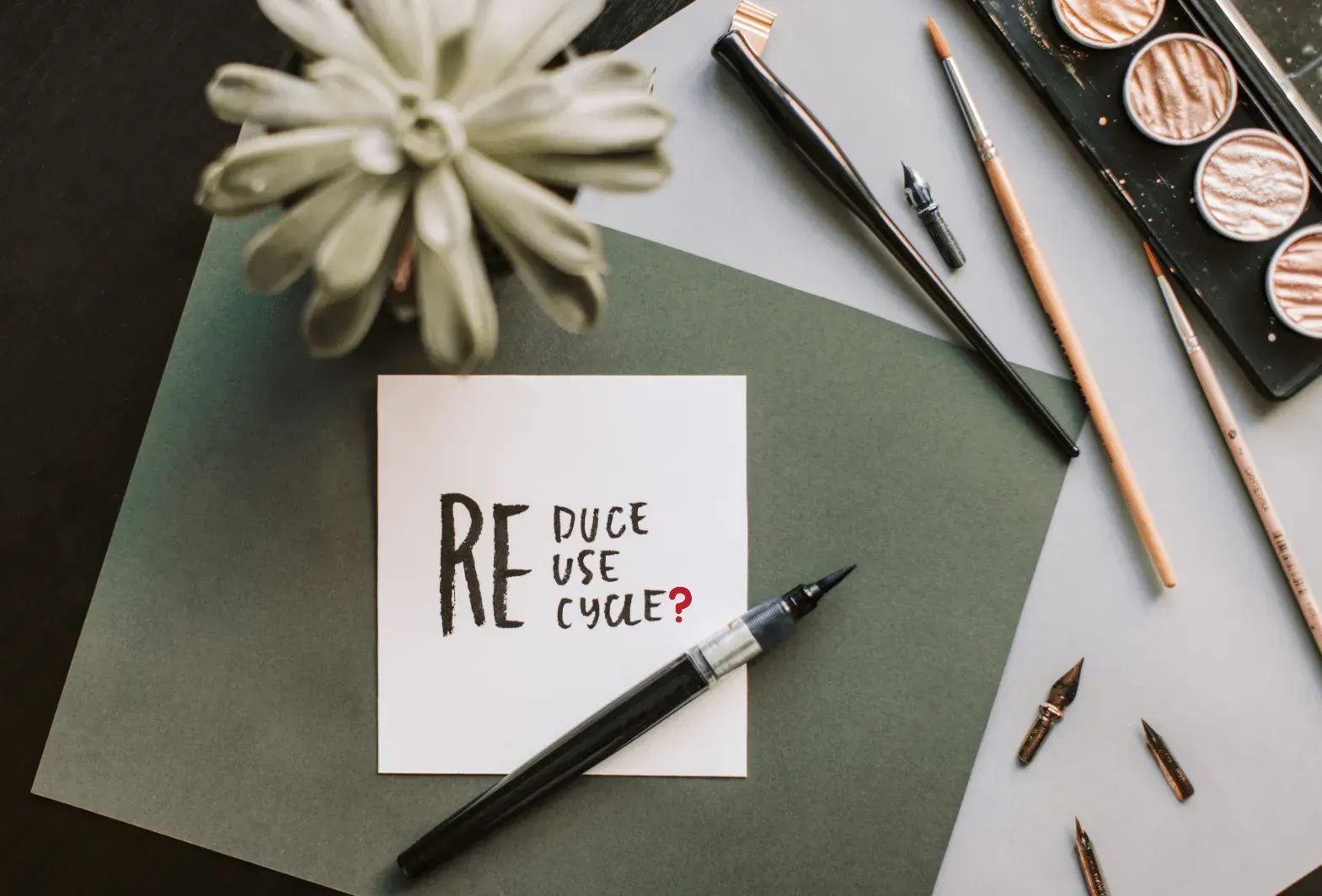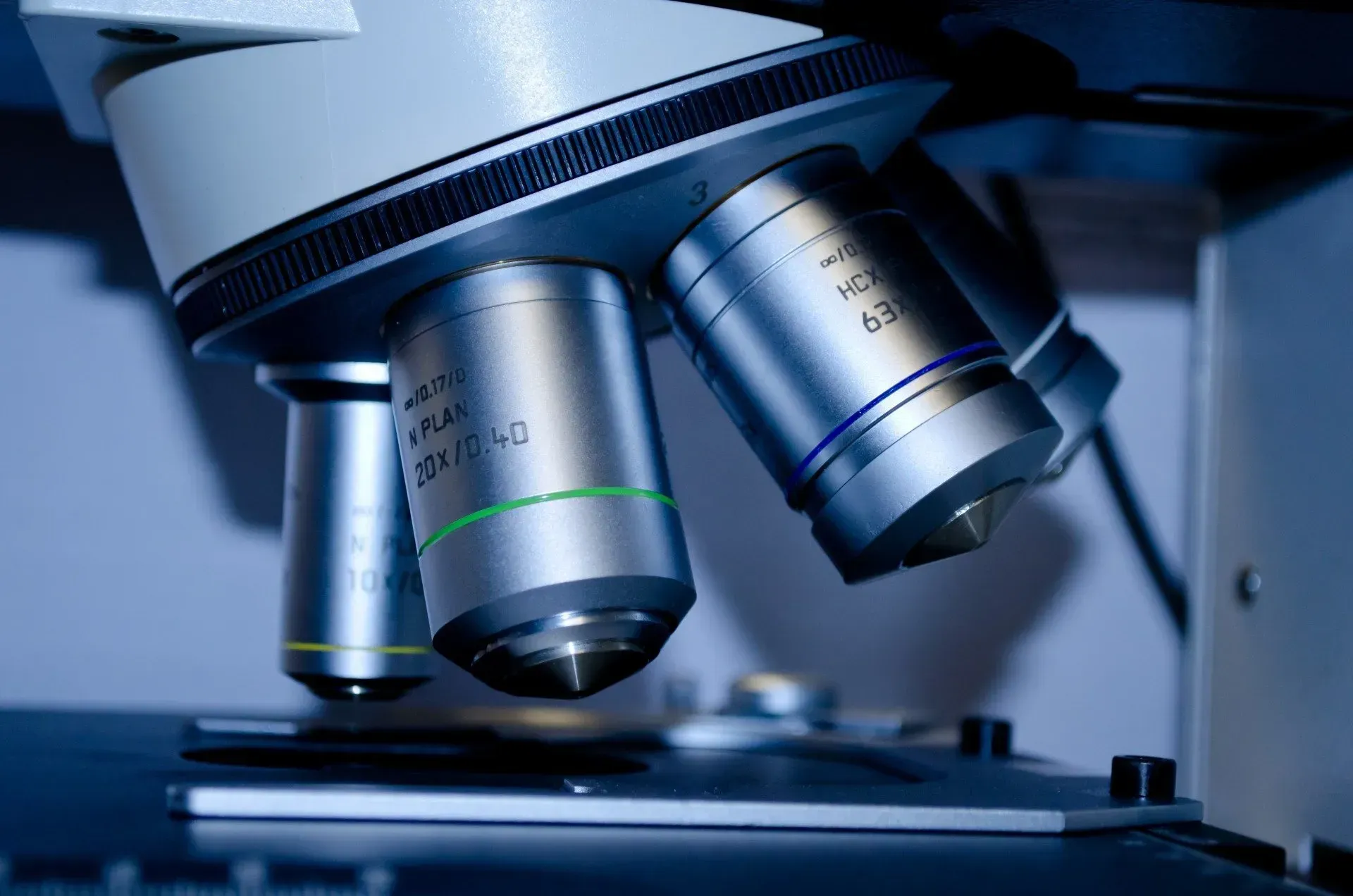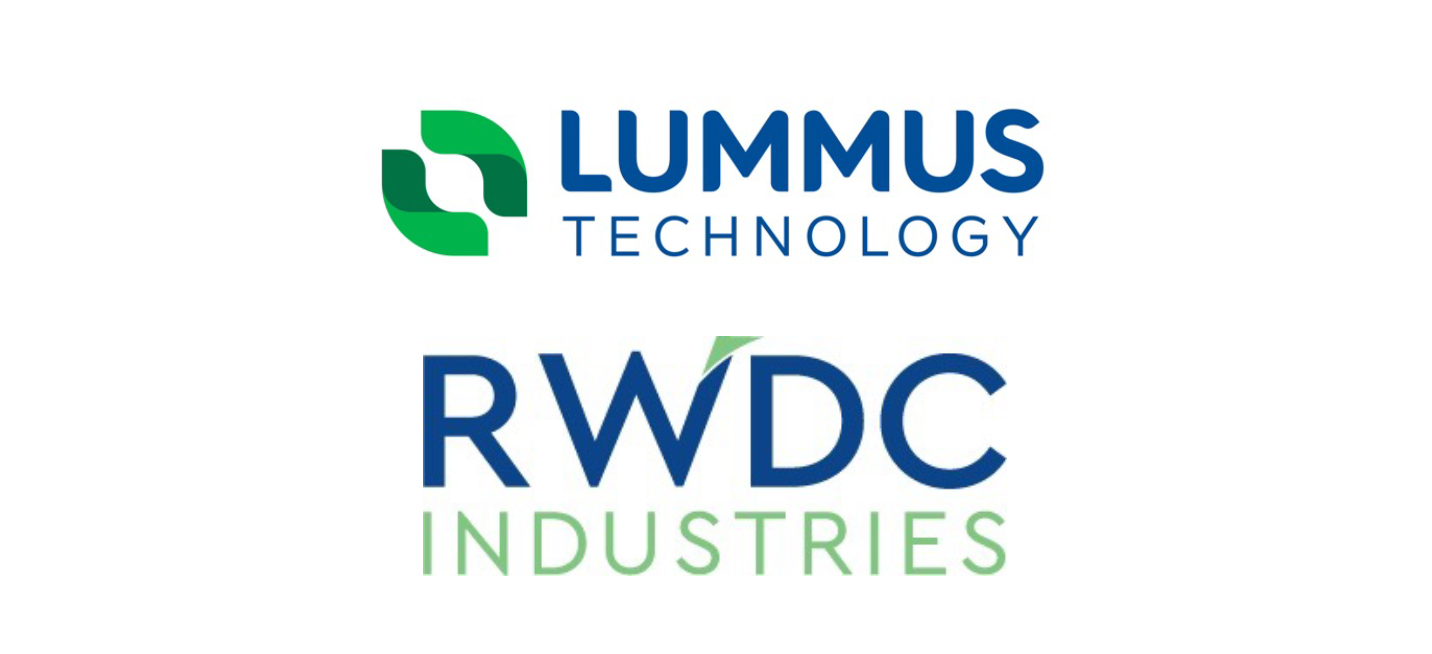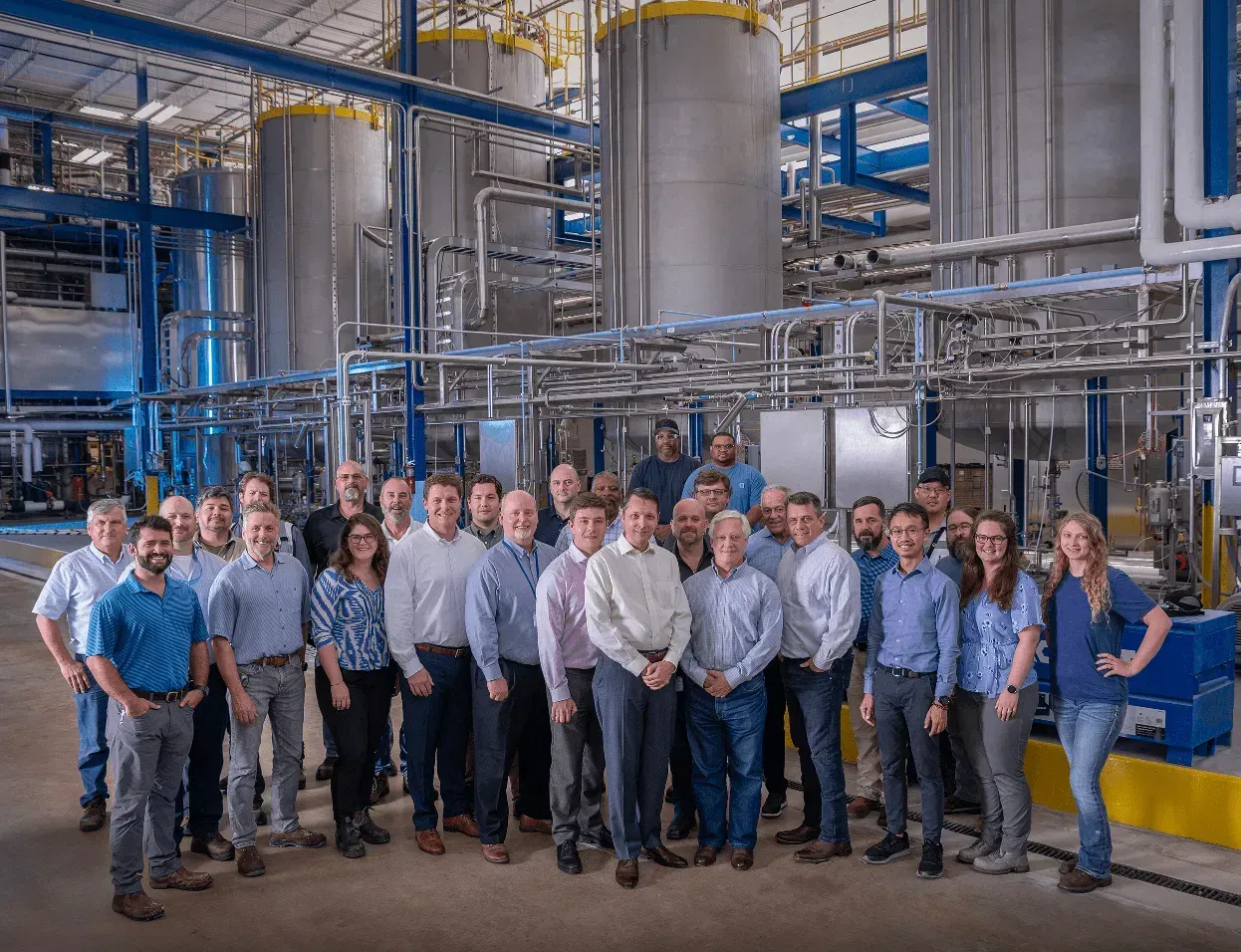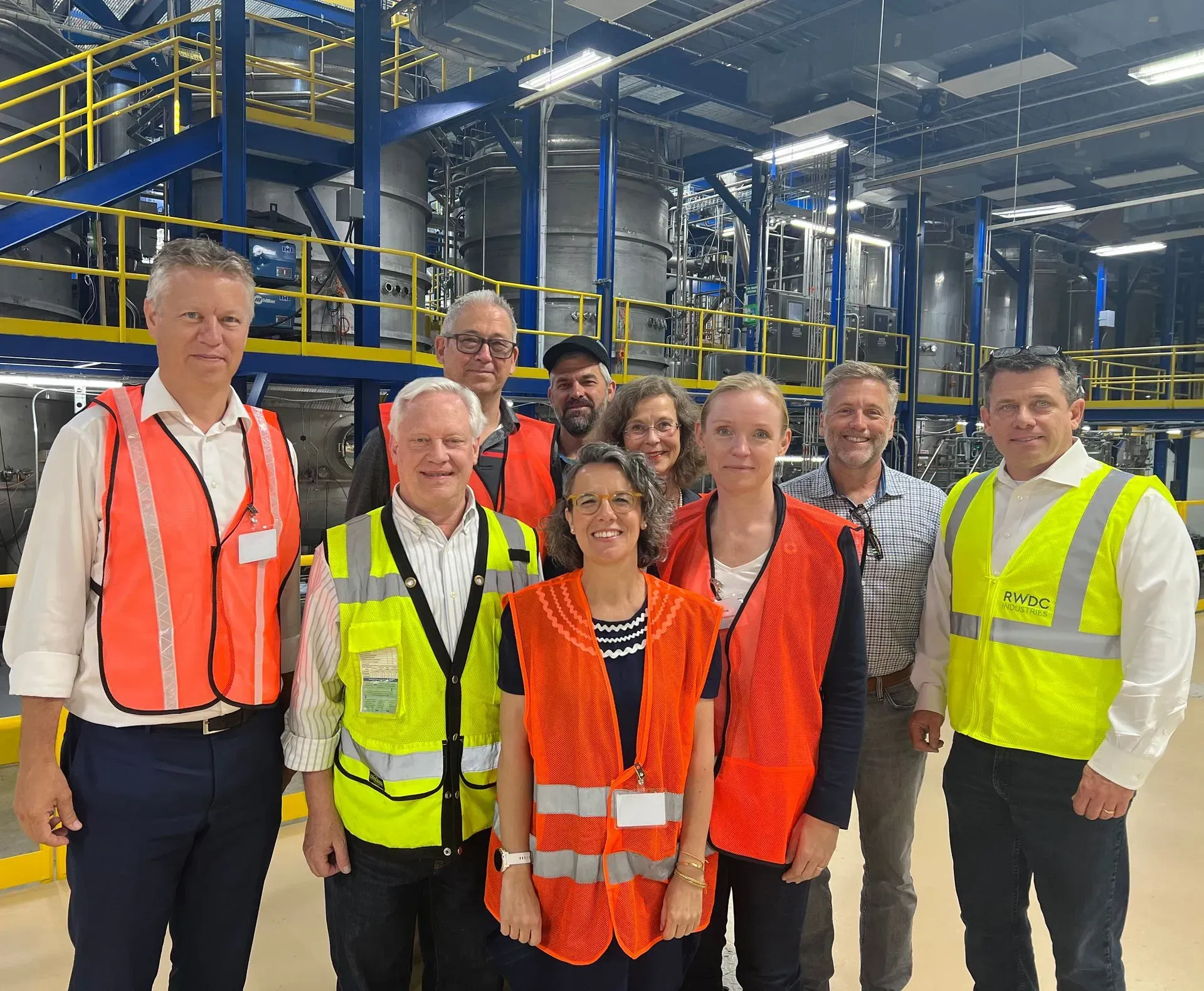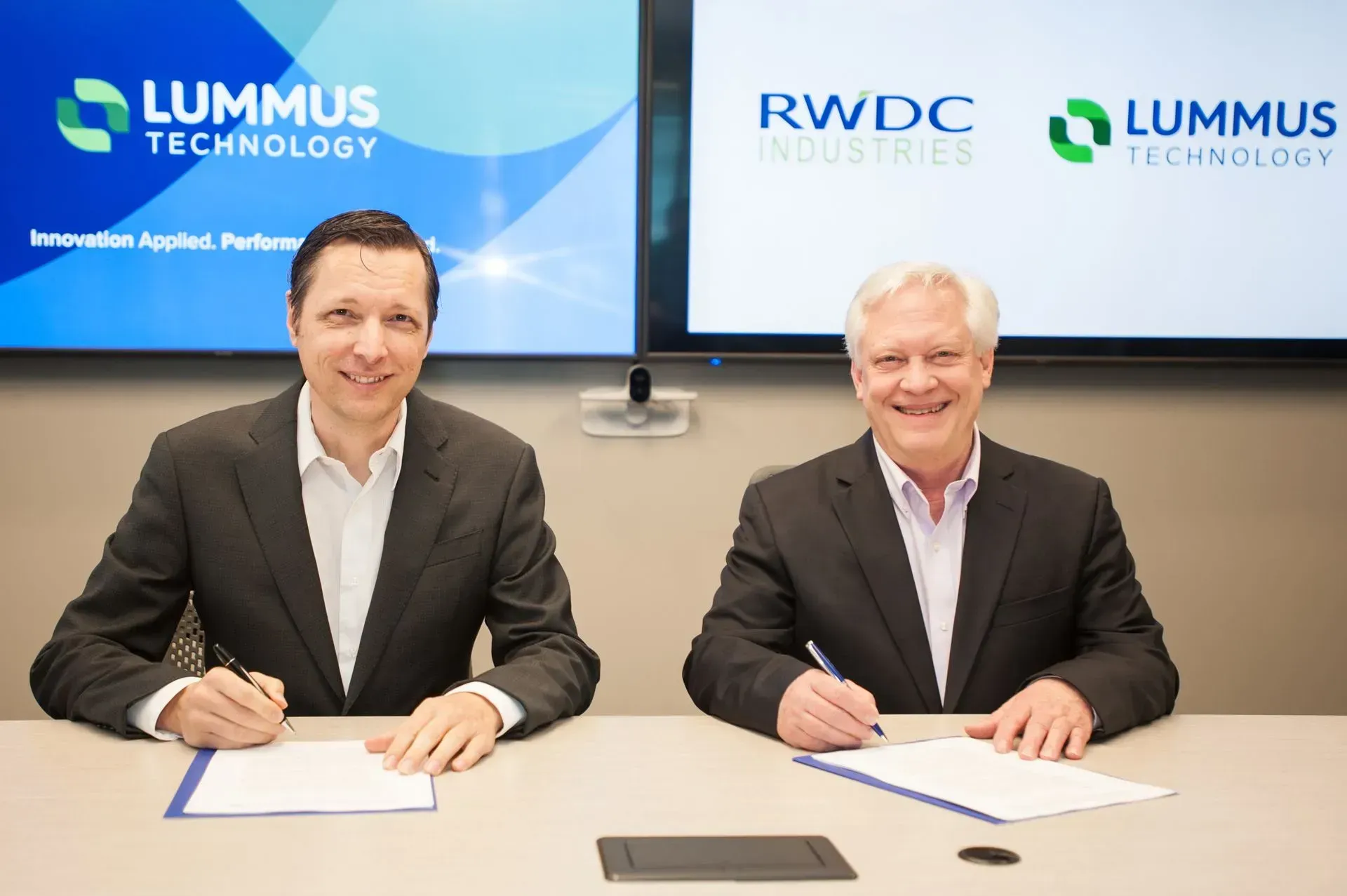RWDC Industries Raise US $133 Million In Series B Funding Round
Harnessing nature to battle the world’s single-use plastics problem, biotech company will accelerate plans to meet increasing demand for better materials to replace plastics for food service, food packaging, consumer goods packaging and other consumer items
ATHENS, GEORGIA and SINGAPORE (May 5, 2020) – RWDC Industries Limited, a Singapore-based biotech start-up providing a solution to the world’s single-use plastic crisis, announced today the closing of a US$133 million two-stage Series B funding round.
This announcement comes as the need to replace single-use plastic continues to rise to meet growing consumer demand for better materials choices. The increasing need for materials that enable greater food safety, better stewardship of the environment, and that enable a sustainable circular economy are also being driven by regulatory demands from state, local, and federal governments across the globe.
Co-founded by CEO Dr. Daniel Carraway and Executive Chairman Roland Wee, RWDC develops innovative and cost-effective biopolymer material solutions – including, polyhydroxyalkanoates or PHAs. PHAs are naturally produced by microbial fermentation of plant-based oils or sugars and are recognized as the only commercially viable biodegradable bioplastic. Primarily produced today from used cooking oil, RWDC’s PHA is certified by TÜV AUSTRIA to be fully biodegradable in soil, water, and marine conditions – leaving no toxic residue. PHA will help to improve the climate, with less GHG emissions. It will also improve human health and the health of our ecosystems, with no endocrine disrupting chemicals and no harmful micro-plastic waste. In 2018, RWDC’s proposal to use PHA to start replacing single-use plastics won the inaugural Liveability Challenge, presented by Temasek Foundation.
“We are grateful and excited to have the support of world-class investors who share our urgent mission of solving the global challenge of single-use plastic,” said Carraway, who is based in Athens, GA. “This investment will help us significantly increase our production capacity so that we can meet needs of brand owners who want to improve the lives of their customers by offering materials that have a positive effect on human health, while improving environmental stewardship.”
“We have had a global view of the plastic crisis since our founding,” said Wee, who is based in Singapore. “Consistent with that, we’ve planted a flag in both Asia and the United States, and we look forward to expanding our manufacturing of this innovative solution in Georgia. Right now, the COVID-19 pandemic presents an unprecedented crisis, but we also recognize that, for many years, we’ve been headed toward an existential threat to our individual health and our planet due to pervasive and mounting plastic pollution. It must be addressed immediately and with a solution at industrial scale. That’s what RWDC can do.”
The new investment was co-led by Vickers Venture Partners (a global venture capital firm); Flint Hills Resources (a leading energy and resources company); CPV/CAP Pensionskasse Coop (the pension fund of Switzerland’s largest retail company); and International SA (a fund linked to Interogo Holding AG).
Other participating investors include existing investors Eversource Retirement Plan Master Trust (the pension fund of Eversource Energy, a Fortune 500 company); and WI Harper Group (a pioneer of US-Asia cross-border VC investing).
“RWDC exemplifies the kind of company we support – passionate about problem solving and creating positive social impact. We believe RWDC has the potential to make an enormous difference in solving the global plastics problem, and we’re proud to continue supporting the company and its leadership,” said Dr. Finian Tan, Founder and Chairman of Vickers Venture Partners.
RWDC will use the funding to meet growing demand for PHA, including by expanding the company’s production capacity with a new facility in Athens, Georgia. Reflecting RWDC’s own mission of creating a sustainable, earth-friendly solution to plastics pollution, RWDC is repurposing an idled factory originally constructed in the late 1960s to use as its new production facility in Athens, which will bring 200 new jobs to the community in northeastern Georgia. RWDC will also use the new funds to conduct research and development efforts.
“RWDC Industries is a perfect example of Georgians’ creative approach to solving problems and finding great success, thanks in part to state resources like our public university system,” said Georgia Governor Brian Kemp. “It’s great to see a Georgia company continue to find ways to make a difference and create innovative opportunities for hardworking Georgians.”
About RWDC Industries Limited
Based in Singapore and founded in 2015 by Mr. Roland Wee and Dr. Daniel Carraway, RWDC Industries Limited is a biotechnology company that develops innovative and cost-effective biopolymer material solutions, including polyhydroxyalkanoate (PHA). PHA is fully biodegradable and can be used as a substitute for plastic in a wide range of everyday, single-use consumer goods, from straws to utensils to cups and plates to lids. RWDC supports sustainable practices and encourages responsible choice in plastic waste management, including recycling, to protect our environment and planet.
About Vickers Venture Partners
Vickers Venture Partners is a global venture capital firm focused on early-stage investments in the technological and geographical mega trends of the world. The firm’s portfolio covers life sciences, technology, media, and telecommunications as well as consumer and financial services. The partners’ track records include hits such as Baidu.com, Inc, Focus Media Holding Ltd, Kongzhong Corp, Cambridge Real Estate Investment Trust, Sunfun Info Co., Asian Food Channel (trade sale), UUCUN (trade sale), TWG Tea (trade sale), RTG Asia (trade sale), JJE (trade sale), Hillstone (trade sale, IPO), M-Daq (trade sale), Tenfen (trade sale), Kuyun (trade sale) and Mainspring (trade sale). The total market value of the companies that the partners have helped grow exceeds US$50 billion today. Vickers Venture Partners has announced that as of March 2020, they have received commitments of over US$200 million of their target of US$500 million for their latest fund VI and have started investing from it.
Vickers Venture Partners was founded by Dr. Finian Tan together with his co-founders Dr Khalil Binebine, Dr. Jeffrey Chi, Dr. Damian Tan, Ms. Linda Li and Mr. Raymond Kong in 2005. It is headquartered in Singapore with offices in Shanghai, Hong Kong, New York, San Diego, Silicon Valley and London.
About Flint Hills Resources
Flint Hills Resources is an industry leader in refining, chemicals, and biofuels and ingredients, with operations primarily in the Midwest and Texas. Its manufacturing capability is built upon six decades of refining experience, and the company has expanded its operations through capital projects and acquisitions worth more than US$15 billion since 2002. Based in Wichita, Kansas, the company has more than 3,500 employees and is a wholly owned subsidiary of Koch Industries, Inc.
About CPV/CAP Pensionskasse Coop
CPV/CAP Pension Fund Coop is the pension fund of the Coop Group, which is the largest retail company in Switzerland. The pension fund insures over 50,000 individuals and manages assets of around 10 billion Swiss francs.
For CPV/CAP, responsible and sustainable investment means not only considering economic factors, but also ranks highly environmental and social responsibility and good corporate governance in its investment decisions.
In this respect, the Pension Fund focuses on alternative investments in the field of renewable energies and venture capital, which seeks solutions to environmental problems and challenges.
About International SA
International SA is a Luxembourg-based alternative investment fund which is part of Interogo Holding AG. Originally established in 1997, International has today become a portfolio of global investments built on a strategy around relationship investing.
Contact:
RWDC Industries – Press Inquiries
Caroline Beckmann
Trident DMG
+1-202-440-1783
RWDC Industries – Asia Press Inquiries
Andrew Wee
Vice-President, Asia Pacific
Vickers Venture Partners
Pranav Rastogi
REDHILL
